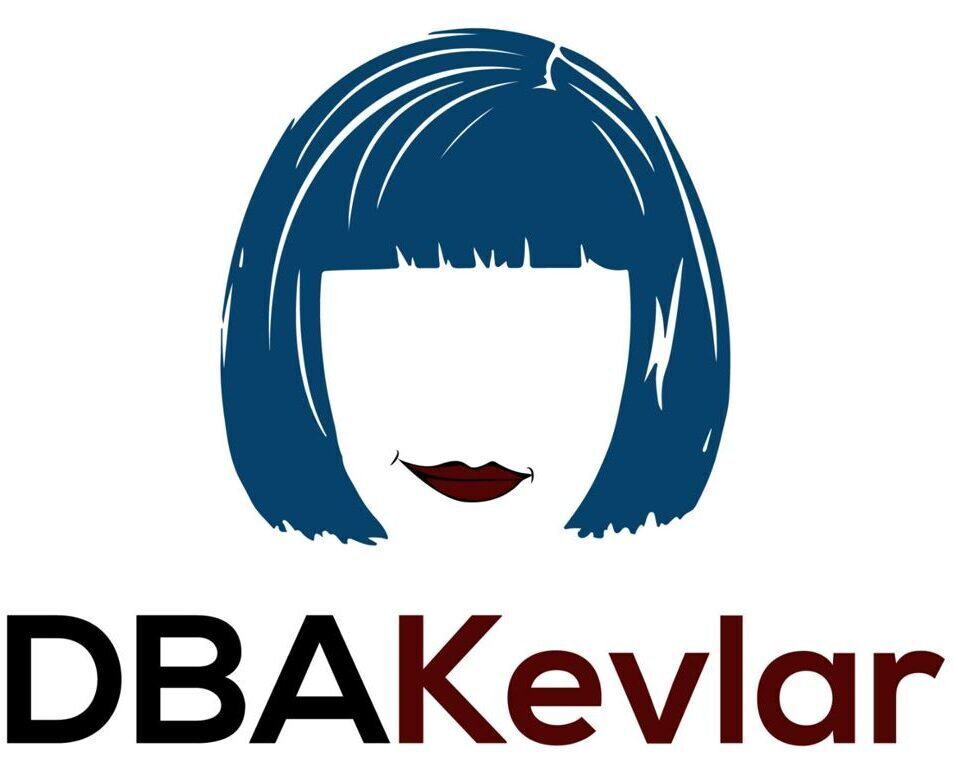It was brought to my ADHD attention, that one of our community members is leaving after she was made to feel unwelcome by some who, (IMHO) have insecurities so deep, that they have nothing else better to do than do harm to others.
Correcting others on preferred pronouns or even more challenging, transitioning is something I can’t imagine the difficulty around. I’ve only had the experiences as a parent of a gay son and one gender non-identifying child- the unintentional and intentional cruelty of others was impactful enough. I had more than one occasion of a child returning home, embarrassed to tell me the source of tears from a psychological or physical injury and for any parent, it’s heart-breaking. The thing that frustrated me most, was that children aren’t born with an inability to accept others, but learn it from family, culture and media.
What it Takes
To try to wrap my head around the sheer amount of courage it takes to transition from one gender to another in society leaves me humble. The cowardice that it takes to attack someone who has transitioned, emotionally, verbally or physically leaves me seething. Some of the pain caused could be avoided with minor changes in responses to everyday conversations.
As I’m not perfect myself, I’d like to use something I experienced recently where I referred to someone unintentionally by the incorrect pronoun at an event. This individual, we’ll call “Kyle”, was kind enough to say something to me via DM later on and I apologized profusely, but it made me do some investigation into why I’d reverted to Kyle’s previous pronoun when I had been referring to Kyle correctly for quite some time before. What I realized, makes me hold myself more accountable in the future, but also come to those in my network with an ask to correct something many may not even be aware of.
Can You Be More Specific?
In recent years, I’ve had a few individuals consistently call me out on using pronouns too much- not the wrong pronouns, but gender-neutral or gender inclusive pronouns, like “they”, “them” and “we”, when they think I need to be more specific in my discussions. I’m aware it unintentional, but it also impacts those who are hoping to be more inclusive with the use of gender-neutral pronouns when in conversations about individuals who choose them.
I’ve actually received a negative mark on a previous employment’s semi-annual review for using pronouns in this way. They stated this type of communication made me sound vague or they simply didn’t believe me when I chose not to be more specific in my communication style.
Please read that last sentence over again, as it’s a perfect example of what I was marked down for in my review. Instead of saying “he”, “she”, “her” or “him” in conversations, I used pronouns “they” or “them” and received a negative mark on my semi-annual review. I received this lower mark from someone who was identified as a leader in diversity and inclusion as well as a manager. I couldn’t fathom how to even respond to them when it occurred. Their response was without thought of diversity and inclusion and I wasn’t about to broach the topic with someone who was stating they were a leader in my industry on the topic.
Looking back at the situation with “Kyle”, I realized that in the weeks leading up to the event, I’d had numerous interactions with Kyle via email/DM that spurred a great burst of collaboration. When relaying updates or conversing with others about all this great work, I’d been asked to clarify who “they” were, as those I updated were confused the initial discussion was about Kyle. This resulted in me having to use the incorrect pronoun for Kyle when speaking to those that weren’t familiar with Kyle and reversed the habit I’d formed to use the correct pronoun. I’m still responsible for fixing the pronoun use, but it goes back to realization our communication hasn’t caught up with the use of gender-neutral pronouns.
Do Better
Due to this, I have an ask: If someone uses gender-pronouns in conversation, instead of demanding that a clarification be made and refer to someone by the incorrect pronoun to help YOU understand, consider listening actively for a longer period of time. If you do need to ask for clarification to understand if the discussion was about an individual or more than one person, be sensitive to those who may be involved and ask, “Was this <insert names of individual> or <list individuals>?” Don’t belittle or scold the speaker for using someone’s preferred pronouns- I’ve had this happen repeatedly regarding Kyle and as a person who builds routines easily, it really impacted my ability to refer to Kyle correctly later on.
Now that my ask of my network is finished, as an ally, I make this promise- In the future, if someone gets short with me or demands I not use gender-inclusive pronouns so they can have an easier time understanding, it isn’t going to happen. Being accepting of others is something we’re born with, but inadvertently contributing to lacking diversity and inclusion is easy for any of us to be part of. Making an effort to be better and do less harm, makes for a better world.



One comment on “Understanding as a Flawed Ally How We All Can be Better”
Comments are closed.